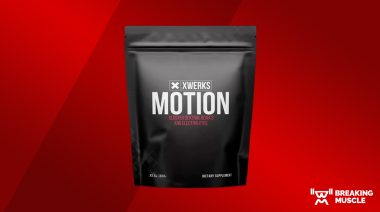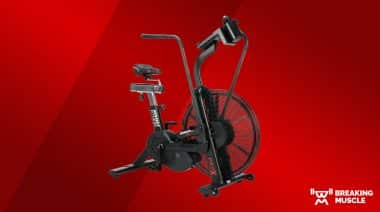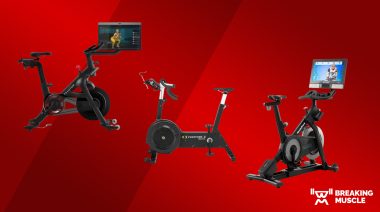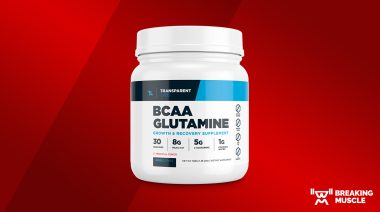Whether it’s for a performance boost or for weight loss purposes, many people become curious about thermogenic aids at some point in their training. Questions about the health and effectiveness of thermogenics are never far behind. Researchers took a look at how a mild thermogenic supplement affects metabolism in a study this month in the Journal of Strength and Conditioning Research.
Thermogenic supplements are purported to boost metabolism and thus increase weight loss. The term thermogenic refers to the heat that results from increasing metabolism. In the study, the researchers wanted to know if a common thermogenic blend actually did what it was supposed to do.
The thermogenic aid they used was composed of caffeine, the basis of most similar supplements. It contained 200mg of caffeine, which is about the same as two eight-ounce cups of black coffee. There were some herbal ingredients, including ginger and cinnamon, which are both reported to have effects on metabolism and blood pressure. The supplement also contained capsicum, which is thought to mobilize fuel sources and boost hormones.
The researchers wondered if this supplement would have effects on either resting or active metabolism. They measured a number of variables, including oxygen consumption, heart rate, and perceived exertion. Unlike many similar tests, this study didn’t focus on performance. In fact, the active phase of the testing was a simple walk at a comfortable pace. The only purpose was to examine the metabolic and respiratory changes caused by the thermogenic aid, and to compare it with a placebo.
The thermogenic supplement did actually increase metabolism during exercise, but there were no significant changes in cardiovascular function or perceptions of difficulty. Now, since the subjects were walking, I don’t expect they’d experience a major swing in perceived exertion unless they were clubbed in the legs first, but the results are telling nevertheless.
Metabolic rate only increased during the exercise phase of the testing, not before or after. After exercise, only VO2 max was significantly higher. Although energy expenditure was higher after walking, the increase was not significant.
So the thermogenic supplement did work to increase the energy cost of exercise, without other changes that might be expected to the cardiovascular system. If the exercise had been more strenuous, perhaps the effect would be greater as well, but maybe not. What we do know for now is that a caffeine- and herbal-based thermogenic supplement does what it’s intended to do. But let’s not forget the bottom line is: whether you use a supplement or not, you have to exercise.
References:
1. Haley Bergstrom, et. al., “Metabolic, Cardiovascular, and Perceptual Responses to A Thermogenic Nutritional Supplement At Rest, During Exercise, and Recovery in Men,” Journal of Strength and Conditioning Research, DOI: 10.1519/JSC.0000000000000369
Photo courtesy of Shutterstock.






